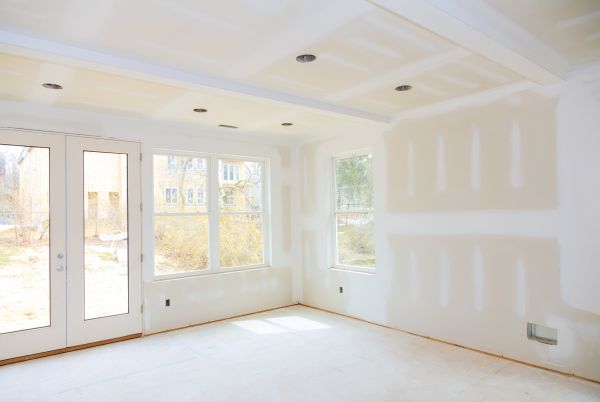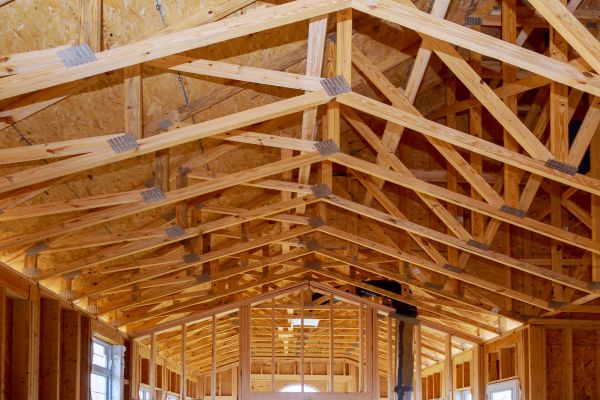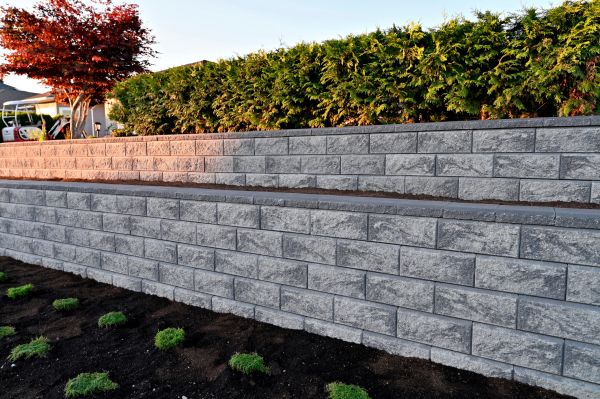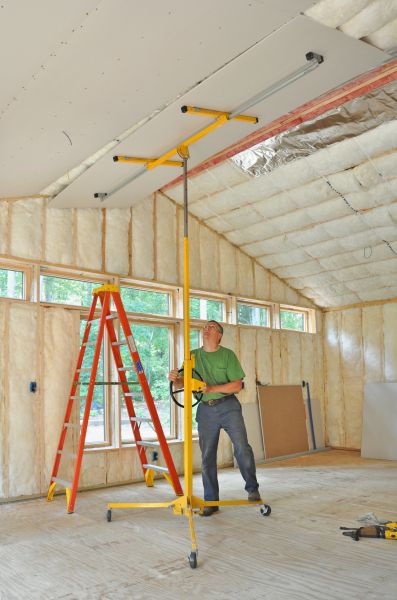Stud Wall Installation Service
Affordable Stud Wall Installation
Stud wall installation is a critical component in modern construction, providing essential structural support and defining spaces within a building. This technique involves creating a framework of vertical and horizontal timber or metal studs, which are then covered with materials such as drywall or plasterboard. The importance of stud wall installation lies in its ability to create durable, flexible, and cost-effective partitions that can accommodate electrical wiring, plumbing, and insulation. This makes it an indispensable element in both residential and commercial projects, ensuring that spaces are not only functional but also aesthetically pleasing.
Benefits of Stud Wall Installation
-
Structural Integrity
Stud walls contribute significantly to the structural integrity of a building. They provide a strong framework that supports the weight of the walls and ceiling, ensuring stability and safety. This robustness is crucial, especially in multi-story buildings where the load-bearing capacity of walls is paramount. -
Versatility
One of the standout benefits of stud wall installation is its versatility. Stud walls can be customized to fit any design requirement, allowing for the creation of unique layouts and configurations. This adaptability makes them ideal for both new constructions and renovations, offering endless possibilities for interior design. -
Ease of Installation
Compared to other wall construction methods, stud walls are relatively easy and quick to install. This efficiency reduces labor time and costs, making it a preferred choice for many builders and contractors. Additionally, the lightweight nature of the materials used in stud walls simplifies transportation and handling. -
Enhanced Insulation and Soundproofing
Stud walls can be filled with insulation materials that improve thermal efficiency and soundproofing. This feature ensures that spaces are comfortable and energy-efficient, reducing heating and cooling costs while enhancing privacy by minimizing noise transmission between rooms.
FAQs About Stud Wall Installation
What materials are typically used in stud wall installation?
Stud walls are commonly constructed using timber or metal studs, which are then covered with drywall, plasterboard, or other similar materials. The choice of materials depends on the specific requirements of the project, such as load-bearing capacity and fire resistance.
Can stud walls be used for load-bearing applications?
Yes, stud walls can be designed to bear loads, but it requires careful planning and the use of appropriate materials. It's essential to consult with a structural engineer to ensure that the stud wall meets the necessary safety standards for load-bearing applications.
How do stud walls contribute to energy efficiency?
Stud walls can be insulated with materials like fiberglass or foam, which enhance the thermal efficiency of a building. This insulation helps maintain a consistent indoor temperature, reducing the need for excessive heating or cooling and lowering energy bills.
What is the typical lifespan of a stud wall?
The lifespan of a stud wall largely depends on the materials used and the quality of installation. Generally, well-constructed stud walls can last for several decades, provided they are maintained properly and protected from moisture and pests.
Fill out the contact form to request Stud Wall Installation today! Experience the benefits of professional stud wall installation, from enhanced structural integrity to improved energy efficiency.




